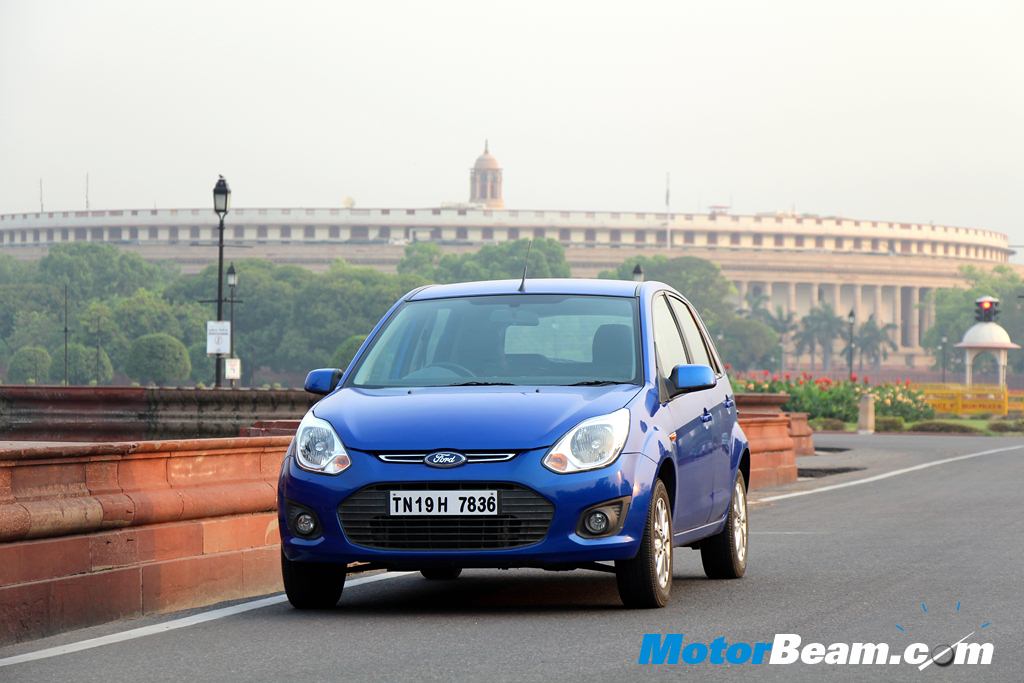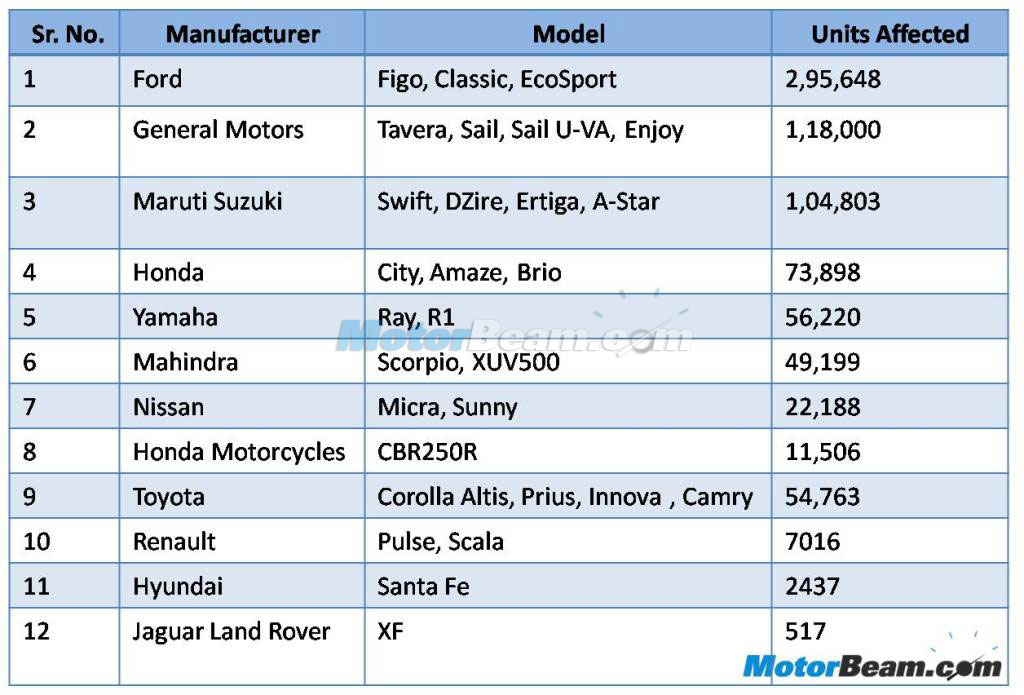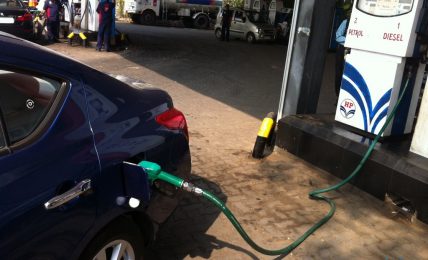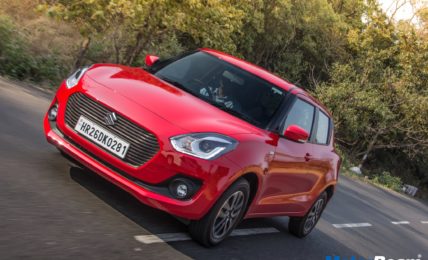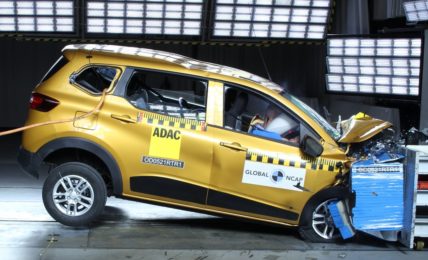Certainly, a major step towards vehicular safety and product quality, recalls have turned out to be a common affair today ever since the Society of Indian Automobile Manufacturers (SIAM) announced the voluntary recall policy in 2012. While recalls are nothing out of the blue in developed nations (ask GM!), the policy made sure that automakers in India met with certain quality standards and efforts were taken to resolve issues on vehicles with faulty parts replaced at the expense of the company.
From Maruti Suzuki to Jaguar Land Rover, almost every mainstream manufacturer has made a recall at some point since the recall policy went into effect in 2012. The largest recall maker in the country has turned out to be American auto giant Ford with 2,95,648 units that were affected involving the Figo hatchback, Fiesta Classic sedan as well as some units of the then brand new EcoSport. Following Ford India has been fellow American automaker GM that recalled more than 1.14 lakh units of the Tavera and an additional 4000 units of the Sail and Sail U-VA last year. The Enjoy MPV was recalled this year, but the numbers weren’t disclosed.
Maruti Suzuki fared third with 1,04,803 units affected of the Swift, DZire, Ertiga and the now defunct A-Star model since 2012. The last two years also saw Honda Cars India recall 73,898 affected units of the Amaze and Brio along with 56,220 units of Yamaha motorcycles. 49,199 units involving Mahindra products like the Scorpio and the XUV500 made it to the list. Other small contributors to the list were Nissan India that recalled 22,188 units of the Sunny sedan, while Honda motorcycle and scooters (HMSI) too recalled 11,506 vehicles in 2012. Known for reliability, Toyota has recalled 9763 units in 2012 and most recently recalled 45,000 units of the Innova.
French automaker Renault has recalled 7016 units of the Pulse and Scala in India, while South Korean giant Hyundai has recalled 2437 units of the Santa Fe SUV in 2014. The smallest recall was made by Jaguar Land Rover in India involving 517 vehicles in 2013. Most marketers have seen the recall policy as a sign of maturity in the industry. The recall policy has aided in solving several defects in around 7,96,195 vehicles across several manufacturers. It was initially Tata Motors that made voluntary efforts in 2010, even before the recall policy was in place to resolve the defects on the Nano hatchback. Over 50-70,000 Nano’s received upgraded exhausts and electrical systems after the fire incidents turned synonymous with the hatchback.


